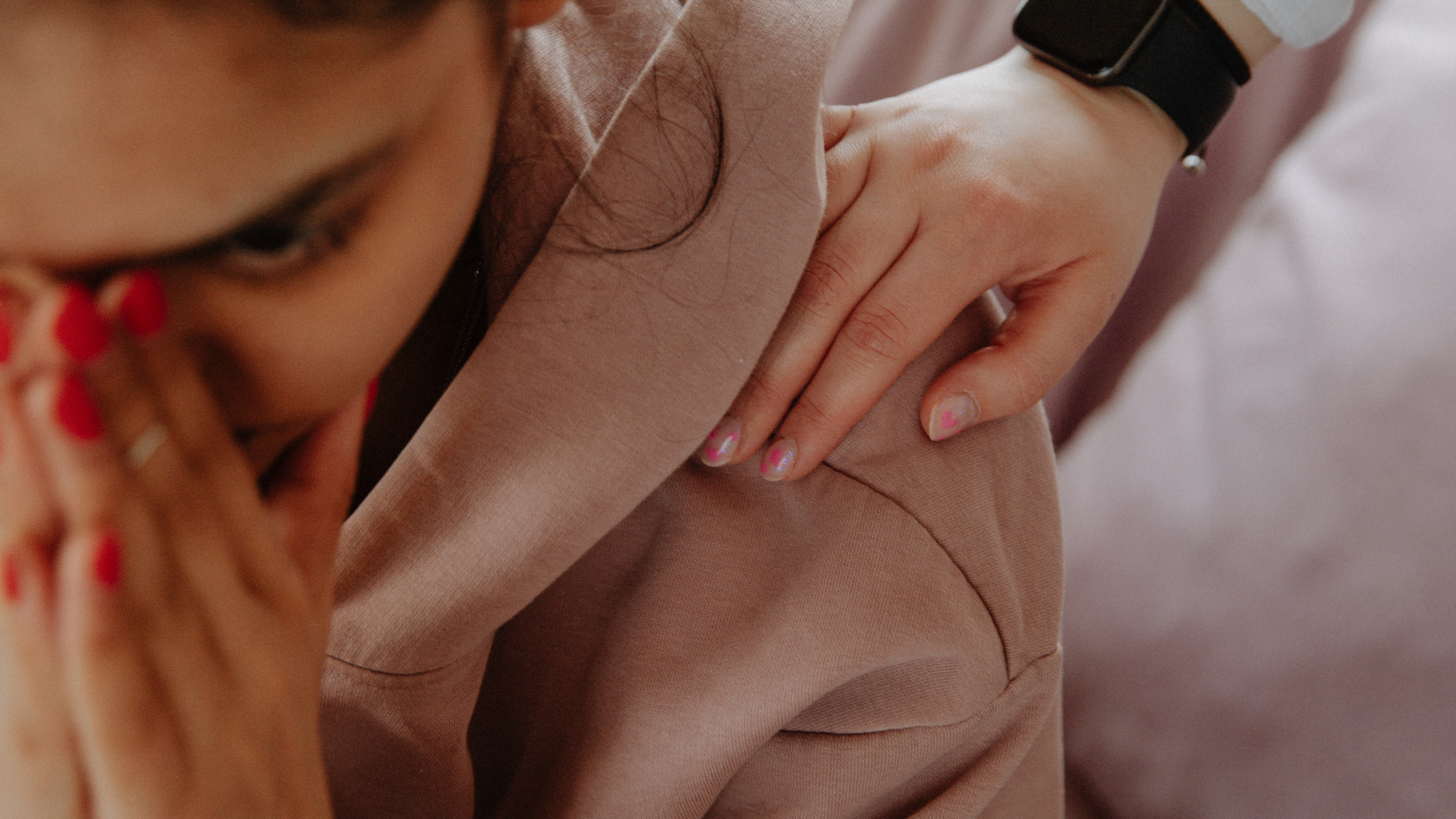The Emotional Aspects of OAB

The symptoms of an overactive bladder are visible on a person's body. Though the effect on feelings is rarely discussed. Because of worries about embarrassing leaks or frequent bathroom breaks, you might avoid social activities like road trips with friends, sports, and visits with grandchildren.
Difficulties in Society
OAB can make even the most routine of social interactions difficult, even at home. One of our OAB patients, a woman in her fifties, told how she was chatting with her neighbour in the yard when she suddenly had to use the restroom. She tried to conceal the situation by directing the garden hose at herself.
We believe that the consequences of feeling helpless are severe. "It's like losing a part of who you are as a human being,". You feel like an idiot, in a way. It’s a not always an easy choice to think about bladder pads.
Intimacy
Relationships might be negatively affected by OAB. When you have a fear of leaking, you may avoid engaging in sexual activities. It's a recipe for relationship disaster and can lead to strained or even broken ties. Your partner may attribute the problem to themselves if they are unaware of the source. Make an effort to be vulnerable and have faith in your partner's ability to listen and understand.
Even partners who have been together for decades sometimes struggle with intimacy issues. Even more so when you're trying to make a romantic connection, they can feel like a tidal wave. Having OAB "can be a large elephant in the room when establishing those more close relationships," says A.
Disturbed Sleep and Mood Disorders
Even if you wake up four times during the night, you may find that you quickly fall back to sleep each time. Some people may sleep barely four hours per night. Still, they have such a hard time falling back to sleep after each interruption that it severely impacts their daily lives. Its literally a torture.
This is due to the fact that your body is unable to repair itself if you consistently deny it adequate rest. Problems with brain function are just one complication that could arise from this. According to the research, sleep deprivation is a major contributor to both OAB and depression because sleep is really crucial to health and wellness.
The bladder has a character similar to that of a young child; it thrives in an orderly, disciplined, and healthy setting.
Conflict and Anxiety
Stress and worry over OAB might further exacerbate the condition's clinical manifestations. Similar to how you might unconsciously clench your jaw muscles, persons with OAB frequently clench their pelvic floor muscles.
The pelvic floor is always working to keep the pelvis and organs stable. It's like we're continually tucking our tail in if we tighten our pelvic floor muscles in response to the need to urinate and the anxiety that often accompanies that need.
They may become exhausted from the constant pressure. So much so that just when you need them most, they completely lose it. Working on reducing your worry and the pelvic floor tightness that often accompanies it may have a significant impact on your symptoms.
Fighting A Battle With the Stigma
Urinary problems may seem inevitable as you get older, especially if you're above the age of 50. That's not the case. However, OAB might bring additional feelings of guilt and embarrassment if you are a young person. Maybe you're wondering how this is even possible or whether something is "wrong" with you.
In spite of the fact that OAB is more frequent than you might imagine, feelings of embarrassment may prevent you from seeking treatment.
We feel more open discussion of OAB may encourage those who suffer from it to seek out more permanent solutions beyond temporary aids like pads, extra undergarments, and catheters. The ability to reclaim power through them is invaluable. As one example, modern products frequently have airy, figure-flattering textiles that can slyly conceal a large volume. However, they can be a barrier to seeking treatment from a trained professional.
You can find support from others,. Saying something like, "This occurs to a lot of us, and there's treatment, and we want to get you treatment," is reassuring because it shows that you really care.
Make an Appointment with Your Physician
"Physicians get into this line of work because they want to help people,"
Your doctor should send you to a specialist in OAB treatment if they are unable to help you. You can do it, and having assistance will help you do it. If you're 28 or 88, "it doesn't matter,". The most important thing is to keep at it and to take care of yourself in every way. Like a young child, the bladder flourishes under strict guidance and a positive atmosphere.